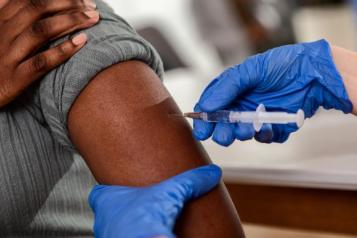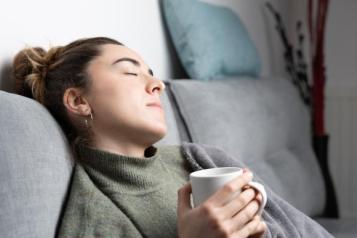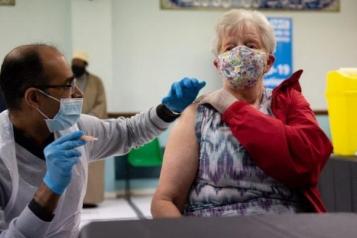Coronavirus: how to stay safe and help prevent the spread

What has changed
The government has announced that England will move to Plan B in response to the risks of the Omicron variant.
This means:
- From 10 December, face coverings will be required by law in most indoor settings.
- From 13 December office workers who can work from home should do so.
- From 15 December, certain venues and events will be required by law to check that all visitors aged 18 years or over are fully vaccinated, have proof of a negative test in the last 48 hours, or have an exemption.
COVID-19 remains a risk
It is still possible to catch and spread COVID-19, even if you are fully vaccinated.
Anyone with COVID-19 symptoms or a positive test result should stay at home and self-isolate immediately. If you have symptoms of COVID-19, you should arrange to take a PCR test as soon as possible, even if you’ve had one or more doses of a COVID-19 vaccine.
Those who have come into contact with an individual who may have been infected with the Omicron variant will need to self-isolate. This will apply even if you are fully-vaccinated or aged 18 or under. NHS Test and Trace will contact you if this is the case.
COVID-19 will be a feature of our lives for the foreseeable future, so we need to learn to live with it and manage the risk to ourselves and others.
All of us can play our part by understanding the situations where risks of COVID-19 infection and transmission are likely to be higher, and taking action to reduce these risks.
Following this guidance will help you to understand situations where there is a greater risk of catching or spreading COVID-19 and the steps that you can take to stay safe and protect others. Every action you can take to help reduce the spread will help reduce pressure on the NHS during the winter months.
Read more here:


